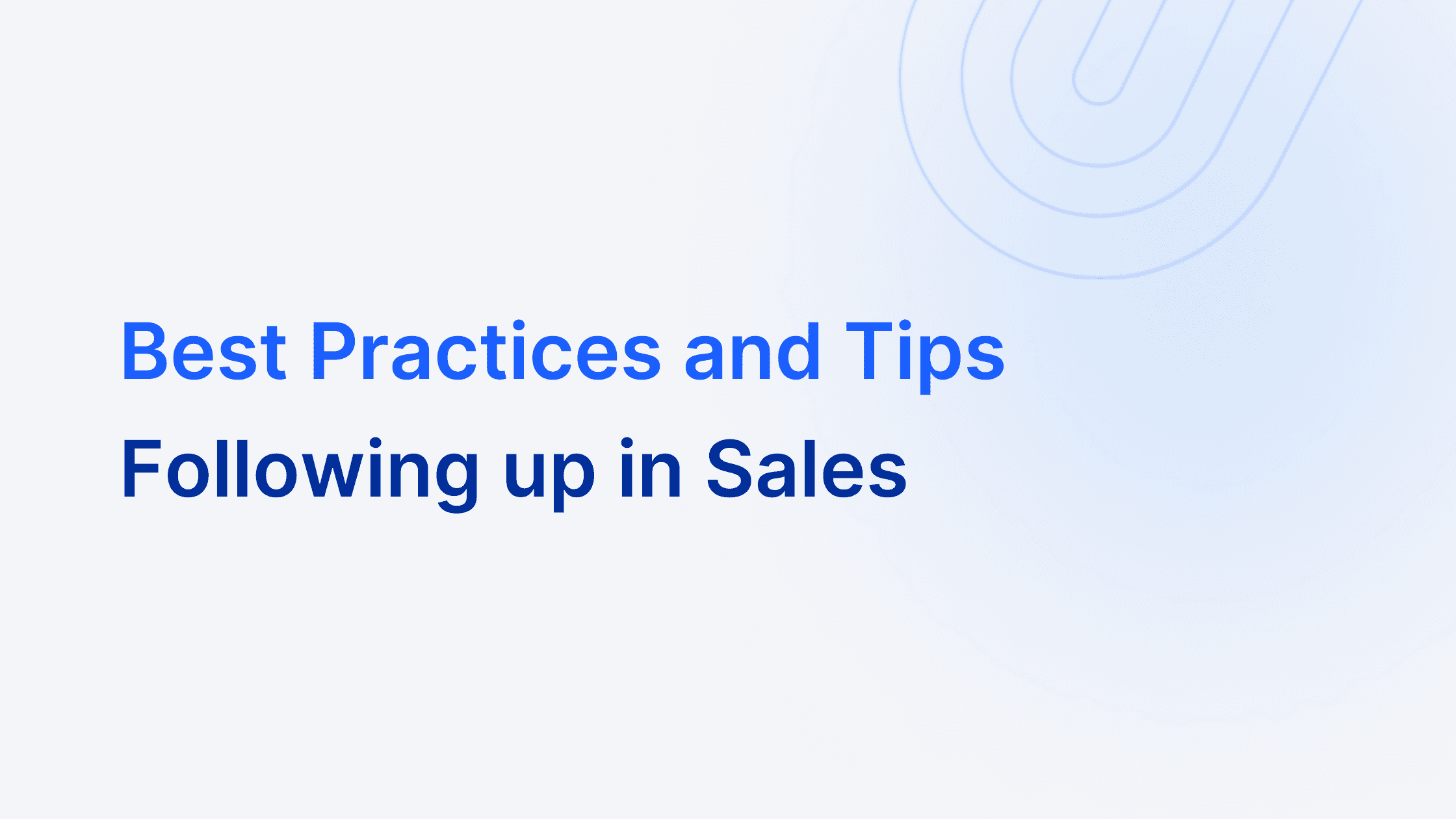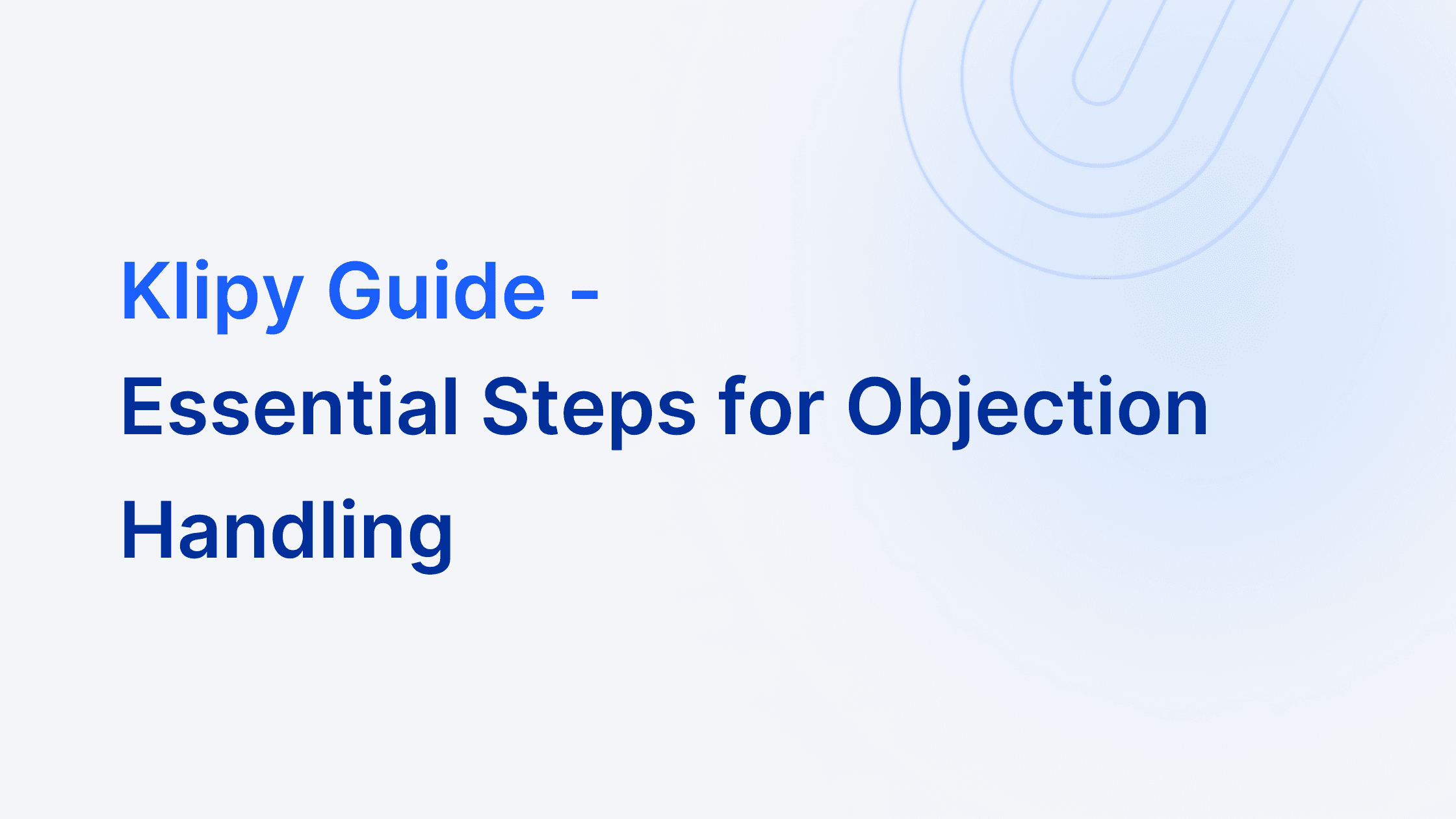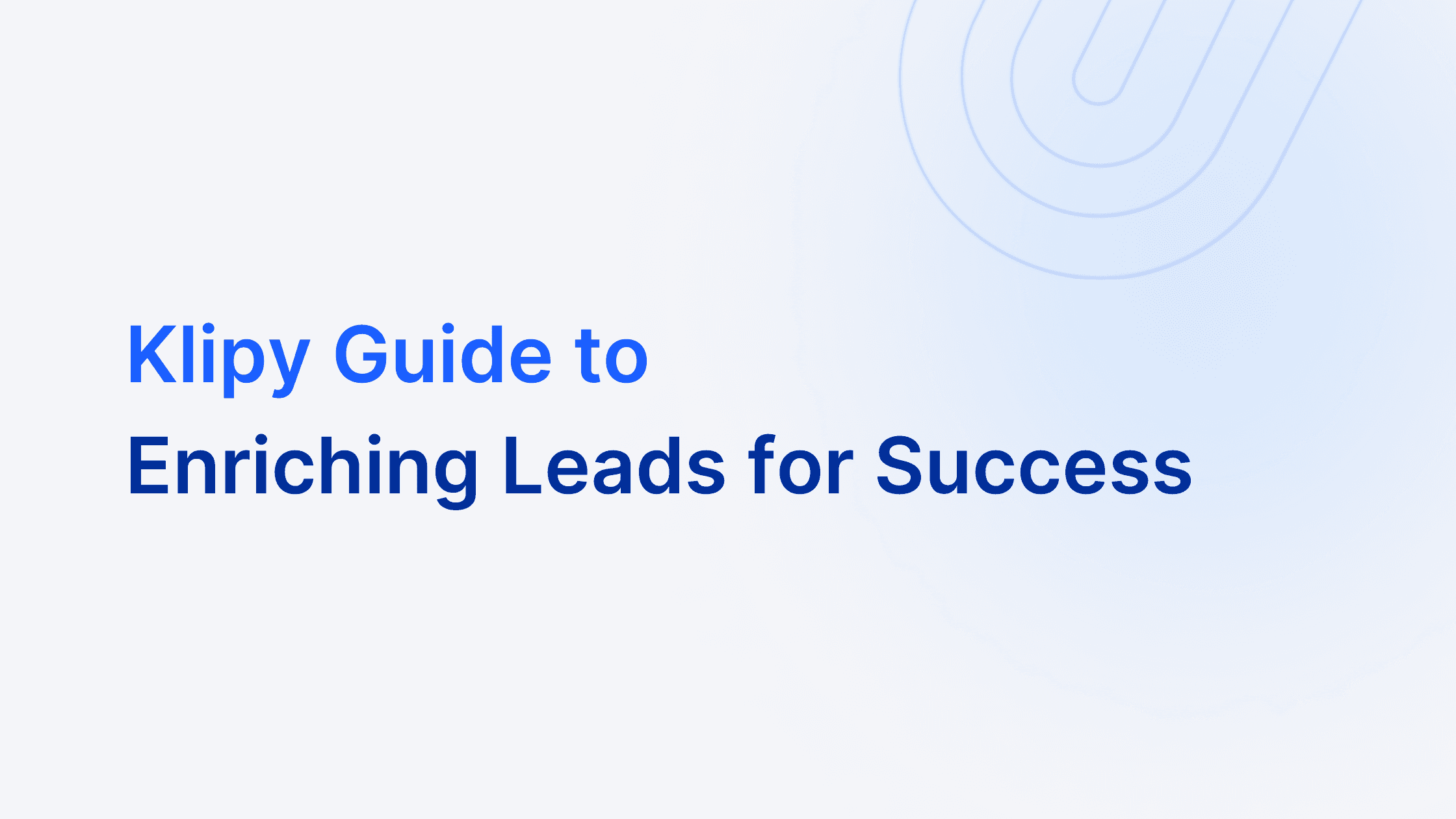Sales
Creating a Sales Playbook for Small Businesses
Learn how to create an effective sales playbook for small businesses to streamline processes, boost team alignment, and enhance customer engagement.
Why Small Businesses Need a Sales Playbook
If you run a small business, you've got a lot on your plate. Ever felt overwhelmed trying to keep everyone on the same page? That’s where a sales playbook comes in.
A sales playbook isn’t just a fancy document; it’s your go-to guide for streamlining sales processes and getting everyone aligned with your company's goals. Think of it as the ultimate cheat sheet for your sales team. It centralizes everything – from best practices to sales methodologies – making sure no one’s left guessing.
Sales playbooks help speed up training. New hires can ramp up faster, and seasoned reps can find quick answers to tricky questions. No more digging through endless emails or asking around. Everything they need is right there.
Consistent customer engagement is another big win. With a sales playbook, your team knows exactly how to handle every interaction. This consistency boosts the overall customer experience, making your business look polished and professional.
Small businesses can get chaotic. A sales playbook brings order to the madness. It ensures everyone is following the same steps, using the same language, and aiming for the same targets. This unified approach not only makes your team more efficient but also helps you scale smoothly as you grow.
Defining the Purpose and Objectives
Essential Company Information
Your company's core shapes your sales team. Include key company info in your sales playbook.
Start with the founding story. How did your company start? What problem did it aim to solve? This backstory helps reps connect with prospects.
Next, outline the mission. What drives your company forward? What are its long-term goals? This aligns the team with company objectives.
Highlight the unique selling proposition (USP). What sets your company apart from competitors? Your USP is what reps use to sell, be it features, service, or pricing.
Define the brand identity. What's your company's personality? Is it professional and polished or casual and friendly? Brand guidelines keep your sales voice consistent.
Include insights from mentors and practical advice on customer engagement. Real-world tips help with tough negotiations and objections. For more on enhancing customer interactions and productivity, especially for startups, check out our blog focused on startups.
Key elements to include:
Founding Story: Your company's origin and purpose.
Mission: Long-term goals and driving forces.
Unique Selling Proposition (USP): What sets your company apart.
Brand Identity: Personality, voice, and tone guidelines.
Mentor Insights: Practical advice and real-world tips.
These elements complete your playbook. It gives your team knowledge, purpose, and direction. This foundation helps reps handle objections and questions, boosting sales.
Detailing Your Sales Process
Detailing your sales process is crucial for consistency and efficiency. A clear roadmap helps your team engage effectively with prospects at every stage. Here’s how to break it down:
Prospect Research: Identify potential customers. Know who you’re targeting and gather relevant information about them. This sets the stage for meaningful interactions.
Initial Contact: Reach out to prospects. Use personalized messages to grab their attention. Make sure your first impression counts.
Lead Qualification: Determine if the prospect is a good fit. Use criteria like budget, authority, needs, and timeline (BANT) to qualify leads. This step saves time and resources.
Sales Presentation: Present your solution. Highlight how your product or service meets their specific needs. Use tailored slides and demos to make your case compelling.
Lead Nurturing: Stay in touch with qualified leads. Share valuable content, follow up on questions, and keep the conversation going. Nurturing builds trust and keeps you top-of-mind.
Business Proposal: Send a detailed proposal. Outline the benefits, pricing, and terms. Make it easy for prospects to understand the value you’re offering.
Onboarding: Once a deal is closed, guide your new customer through the onboarding process. Ensure they know how to use your product and have all the support they need.
Each step in the sales process should have clear actions and objectives. This structured approach ensures everyone on your team is aligned and working towards the same goals. It also helps new sales reps get up to speed quickly.
Consistency in your sales process not only improves efficiency but also enhances the customer experience. Prospects and customers will appreciate the professionalism and clarity in every interaction. For more insights on improving your sales strategies, you might find our articles on lead generation and cold emailing strategies particularly useful.
Identifying and Defining Your Sales Audience
Knowing who you're selling to is key. Identifying and defining your sales audience or customer personas helps you tailor your approach and connect more effectively. Here’s how to get started.
First, understand demographics. Who are your customers? Age, gender, location, and job roles matter. For B2B leads, target specific job titles. Are you reaching out to CEOs, sales managers, or marketing directors? Each role has different priorities and pain points.
Behaviors and priorities come next. What are their buying habits? What problems are they trying to solve? For instance, a small business owner might need solutions for streamlining operations, while a sales manager might look for tools to boost team performance.
Conduct market research. Use surveys, interviews, and data analysis to gather insights. Look at industry reports and competitor strategies. The more information you have, the better you can craft your personas.
For a more detailed guide on how to create comprehensive customer profiles and enhance your sales performance, check out our article on AI lead enrichment tools for small businesses.
Develop detailed customer personas. Create profiles that include demographics, behaviors, and priorities. Give them names and backstories. This makes it easier for your team to relate to and understand your audience.
Demographics: Age, gender, job role, location.
Behaviors: Buying habits, preferred communication channels.
Priorities: Pain points, goals, and needs.
Address specific needs and pain points. Tailor your messages and solutions accordingly. If your persona is a sales manager struggling with data management, highlight how your CRM's automation features can help.
Well-defined personas lead to targeted sales efforts. Your team will know exactly who they’re talking to and what to focus on, making every interaction more meaningful and effective.
For more insights on why small businesses often need to adopt CRM systems to manage growing customer data and improve communication efficiency, read our article on reasons small businesses adopt CRM.
Your personas should evolve. Keep them updated with new insights and feedback. This way, your sales strategies stay relevant and effective, helping you connect with your audience and close more deals.
Qualifying Leads Effectively
Qualifying leads is essential to ensure your sales team focuses on prospects who are most likely to convert. This saves time, resources, and boosts overall efficiency.
Use the BANT method to qualify leads. BANT stands for Budget, Authority, Need, and Timeline. Here’s how it works:
Budget: Does the lead have the financial resources to purchase your product?
Authority: Is the lead the decision-maker, or do they need to get approval from someone else?
Need: Does the lead have a specific problem that your product can solve?
Timeline: When is the lead looking to make a purchase?
Creating a lead qualification checklist helps organize and evaluate leads during conversations. This checklist ensures you cover all BANT aspects and make informed decisions about pursuing a lead.
Benefits of proper lead qualification:
Engage with the right prospects: Focus your efforts on leads that meet the BANT criteria, improving your chances of closing deals.
Prioritize sales efforts: Knowing which leads are most promising helps your team prioritize and allocate resources effectively.
Improve sales efficiency: By concentrating on qualified leads, your team can work smarter, not harder.
For more insights on enhancing your sales process, you might find it useful to explore our detailed comparison of FreshSales and HubSpot as CRM solutions for small businesses. This comparison highlights key features and considerations that could help you make an informed decision on the best CRM for your needs.
Lead qualification isn't just about ticking boxes. It's about understanding your prospects' needs and aligning them with what you offer. This targeted approach maximizes your sales efforts and drives better results.
Key Takeaways for Your Sales Playbook
Creating a sales playbook is a game-changer for small businesses. It keeps your team aligned, speeds up training, and ensures consistent customer engagement. Here’s the gist:
Purpose and Objectives: Start by defining what you want to achieve with your playbook. Focus on each sales pipeline stage and align your objectives with active selling and customer engagement.
Essential Company Information: Include your founding story, mission, USP, and brand identity. This info helps reps connect with prospects and stay aligned with company goals.
Detailed Sales Process: Break down your sales process into clear steps like prospect research, initial contact, lead qualification, sales presentation, lead nurturing, business proposal, and onboarding. This roadmap ensures your team knows what to do at each stage.
Sales Audience: Identify and define your customer personas. Understand their demographics, behaviors, and priorities. Tailor your messages and solutions to address their specific needs and pain points.
Lead Qualification: Use criteria like Budget, Authority, Need, and Timeline (BANT) to qualify leads. This helps your team focus on prospects who are most likely to convert, saving time and boosting efficiency.
A well-structured sales playbook streamlines your sales operations, enhances customer engagement, and boosts overall sales performance. It’s your secret weapon for scaling your small business smoothly and effectively.
More from the blog







